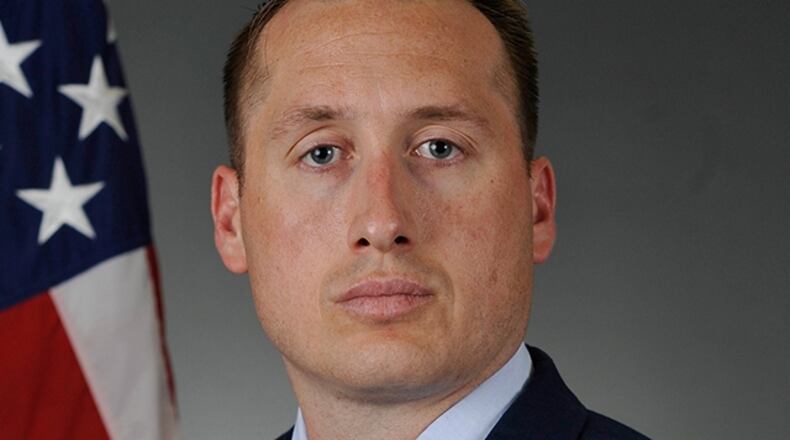In the setting of these 10 percent manpower budget reductions, there will not be any decrease in expected productivity, but rather, a focus to improve it. Stepping outside of a leadership perspective, it is hard to explain to our members, who are already doing their primary jobs and multiple additional duties, why we are being asked to do more with less. Perhaps such a contradiction could even disrupt the most sanguine of personalities.
Doing more with less is something that all of us have heard in our careers. While it is meant to be a call to improve efficiency in the unit, it also makes the assumption that there is inefficiency in the team that now has less resources to accomplish the same mission. This has negative impacts to morale.
Across the country, healthcare workers have experienced being burnt out and was declared a public health emergency by the surgeon general in 2022. I would offer that perhaps the best way to approach this problem set is to not view this as a finite game, but rather an infinite one. Healthcare delivery is not the same as a football game, following static rules with a clearly distinguishable end.
Rather it is a continuous process that constantly adapts to expanding knowledge and changes processes based on safety risks and available resources.
As a staple in the libraries of leaders, in “The Infinite Game,” by Simon Sinek has explained that an infinite game is one where the objective is to continue to play rather than to win. The delivery of healthcare to our patients is our duty and with it an intrinsic good, thus in the long term the ability to continue to deliver that service is what the victory condition truly is.
As Sinek states, “We can’t choose the game. We can’t choose the rules. We can only choose how we play.” In my experience, I find the challenges my team works through during the Defense Health Agency transition and current budgetary shortfalls can be defined by this paradigm. In the end, we choose how we deliver care to our patients.
The “Five Practices” cited by Sinek are relevant to the challenges our organizations face:
· Just Cause. Offer employees a reason to be willing to sacrifice their own interests to advance it.
· Trusting Teams: People work at their natural best when they have psychological safety.
· Worthy Rival: Find another military treatment facility to strive to compare to and strive to constantly improve.
· Existential Flexibility: Have the capacity to make profound strategic shifts to advance the cause.
· Courage to Lead: Using the just cause as a guiding principle, accept short-term pain for long-term success.
In the end, regardless of the budget or who is leading the squadron or even what the military health system will become in the future, the need for the delivery of safe and quality healthcare is the just cause. It is our center of gravity.
As long as we continue to do that, for as long as we can and with whatever and whoever we have left … we will continue to be victorious every day.
About the Author
